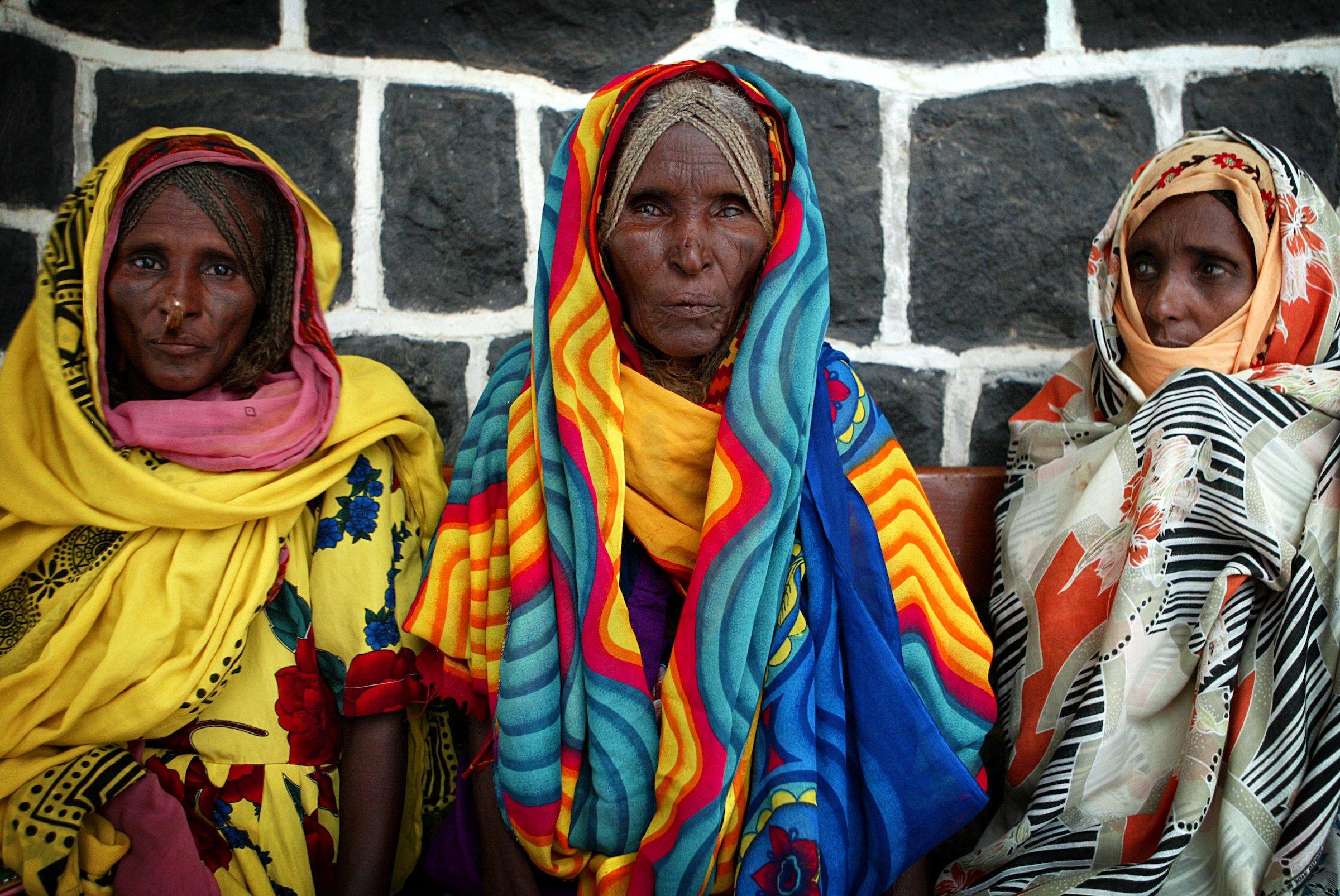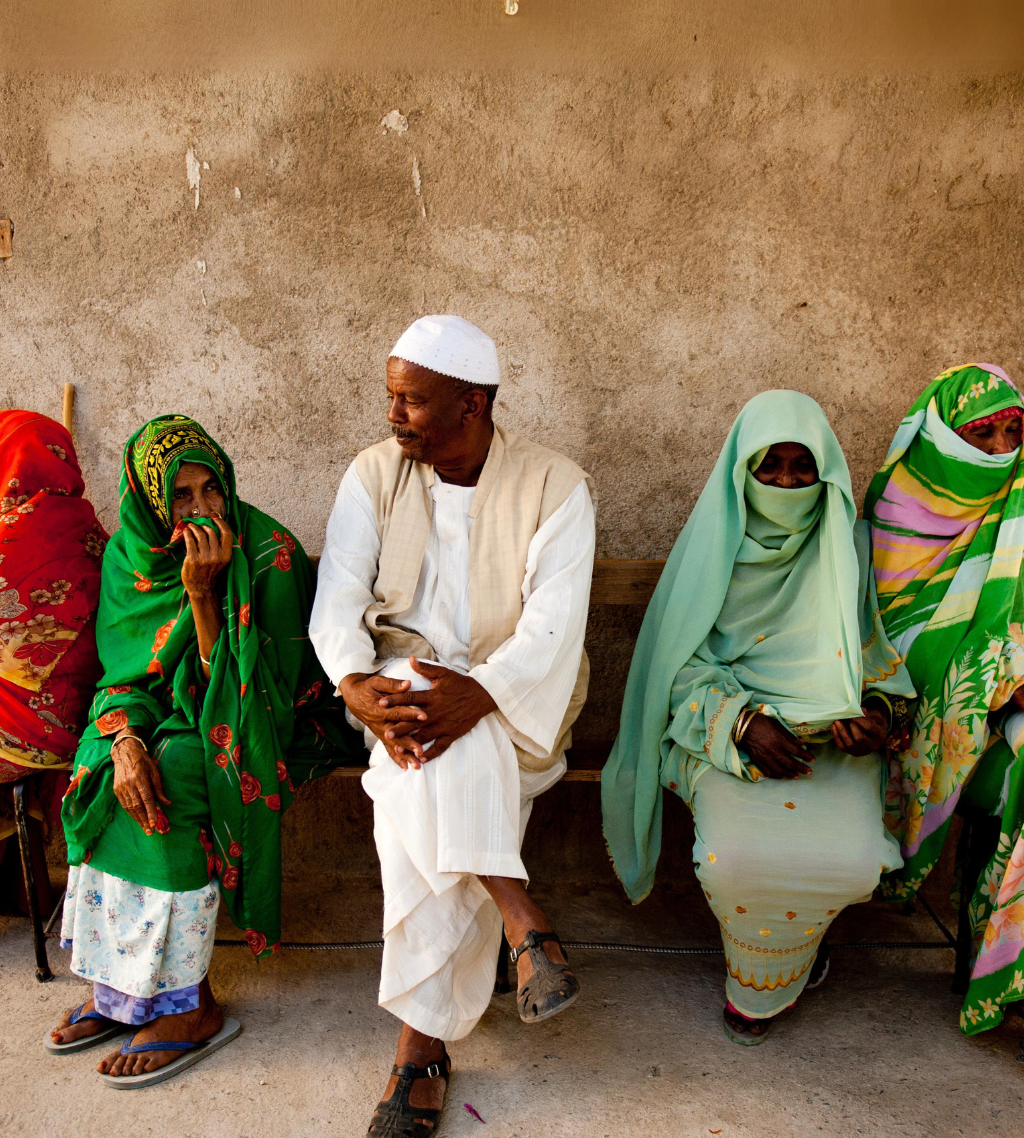Our work in Eritrea
Cataract is the cause of 55% of blindness, making it the leading cause of visual impairment in Eritrea. Trachoma, a severe and infectious eye disease, is endemic in 22 out of 58 sub-regions.
Globally, 80% of cases are avoidable and can be treated through simple and inexpensive measures. However, with a large percentage of the population of Eritrea living in rural areas, there are barriers stopping people from accessing eye health services.
These include a lack of awareness of eye health issues, difficulty accessing available services and the high costs of treatment.

Our achievements
We are currently implementing projects in all six districts of Eritrea. The Foundation supported the establishment of the National Blindness Prevention Programme (NBPP) and championed the development of two national five-year strategic plans for eye care between 2006 and 2015.
These form the framework for the prevention of avoidable blindness in Eritrea. The Foundation is continuing to train eye health workers and provide information on the treatment and prevention of common causes of avoidable blindness.

In 2023, The Foundation and its partners made great progress in key strategic areas in Africa:
2,242,407
People screened.
6,866,243
People treated with antibiotics for trachoma.
33,072
Pairs of glasses distributed.
695
Facilities built, equipped or renovated.
24,207
People trained including community health workers, surgeons and teachers.
364,658
Eye operations and treatments performed including cataract operations, surgeries to treat trachoma, diabetic retinopathy treatments and other sight saving or improving interventions.
2,056,781
School children and community members educated in eye health and sanitation.
The countries in Africa that The Foundation works in are Ethiopia, Kenya, Eritrea, Rwanda, Burundi, Uganda, Tanzania and Cameroon .
